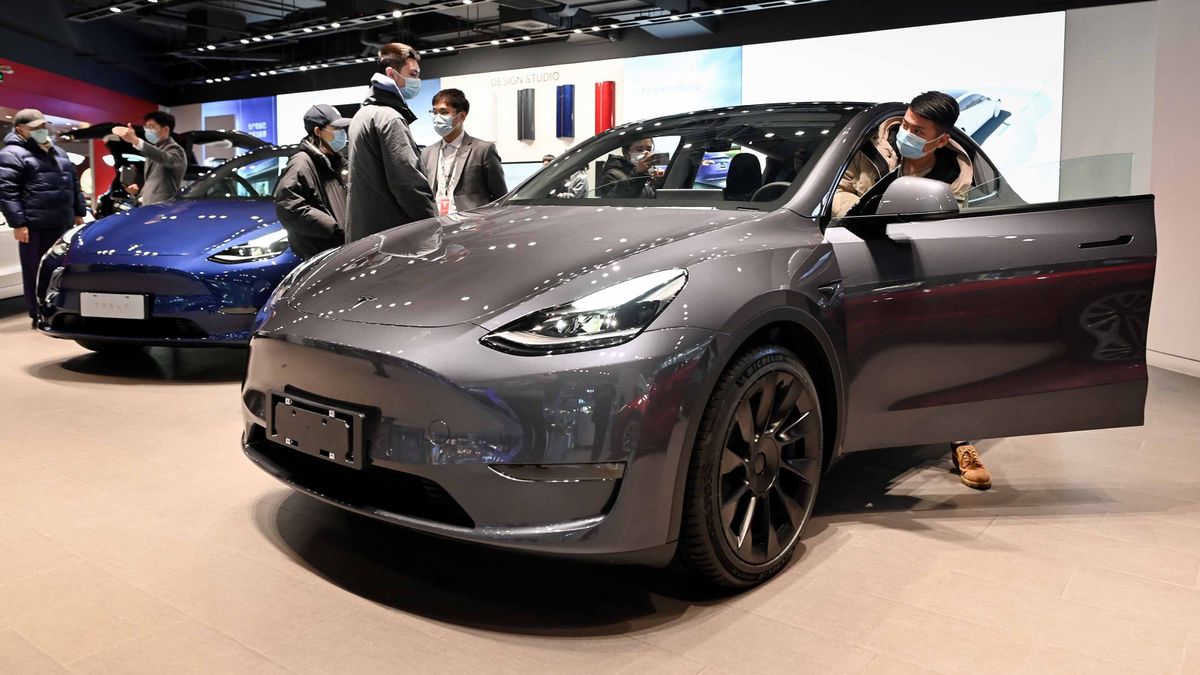EV car sales have skyrocketed in the U.S., even during a car market slump. It’s a trend that’s impossible to ignore — that the market already seems to be consolidating around the idea that the future of cars is electric. According to Forbes (opens in new tab), in Q2 2022, sales of electric vehicles accounted for 5.6% of the total automotive sales, worth around 229.07 billion. Per a recent report published by Extrapolate (opens in new tab), the electric vehicle market is set to surpass 691.56 billion by 2028. To add to the trifecta of research studies, Goldman Sachs Research (opens in new tab) forecasts that electric vehicles will make up half of all global car sales by 2035.
This massive increase in sales interest can be attributed to a number of factors including energy efficiency (which has jumped into focus as energy costs and gas prices have soared), improved performance, more choice of cars, and of course, government incentives (the EV tax credit). The EV tax credit — part of the improved Inflation Reduction Act that passed in August 2022 — is designed to encourage the use of “clean” vehicles. The act includes a $7,500 credit for people buying electric cars and extends the tax credit to 2032. The exact amount of the credit is based on a calculation that considers factors like the vehicle’s sourcing and assembly.
An EV/electric vehicle does everything a gasoline car does — gets you around, operates the air conditioning, plays music — but uses stored battery power. No gasoline is burned by the vehicle, period. Hybrids don’t qualify, nor do their descendants, plug-in hybrid vehicles.
Read on to find out the 10 most popular electric vehicles sold in the U.S. in the past 12 months:

